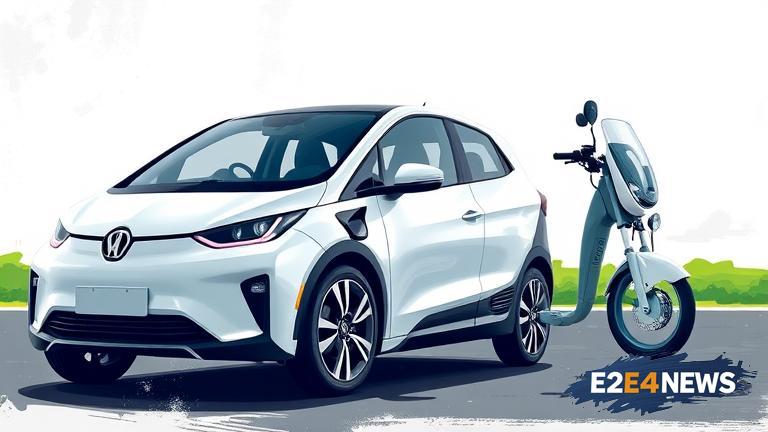The Indian government has announced a comprehensive plan to promote the adoption of electric vehicles (EVs) in the country. The plan includes a range of incentives and initiatives aimed at encouraging the use of EVs, reducing greenhouse gas emissions, and improving air quality. According to reports, the government plans to offer subsidies to EV manufacturers, as well as to consumers who purchase EVs. The subsidies will be provided through the Faster Adoption and Manufacturing of Electric Vehicles (FAME) scheme, which was launched in 2015. The government has also announced plans to develop EV charging infrastructure across the country, with a focus on major cities and highways. The plan includes the installation of EV charging stations at regular intervals, as well as the development of fast-charging corridors. In addition to these initiatives, the government has also announced plans to promote the use of EVs in public transportation, including buses and taxis. The government has set a target of having at least 30% of new vehicle sales be electric by 2030. To achieve this target, the government plans to invest heavily in EV infrastructure, including charging stations and manufacturing facilities. The plan has been welcomed by the automotive industry, with many manufacturers expressing their support for the government’s initiatives. The adoption of EVs is expected to have a significant impact on the environment, with reduced greenhouse gas emissions and improved air quality. The plan is also expected to create new job opportunities in the EV sector, including in manufacturing, sales, and maintenance. The government has also announced plans to develop a comprehensive policy framework to support the growth of the EV industry. The policy framework will include regulations and standards for EVs, as well as incentives for manufacturers and consumers. The government has also announced plans to promote research and development in the EV sector, including the development of new technologies and innovations. The plan has been hailed as a major step forward for the Indian automotive industry, and is expected to have a significant impact on the country’s economy and environment. The adoption of EVs is also expected to reduce the country’s dependence on fossil fuels, and improve energy security. The government has also announced plans to develop a network of EV testing and certification facilities, to ensure that EVs meet safety and quality standards. The plan is expected to create new opportunities for Indian companies to participate in the global EV market, and to establish India as a major player in the EV sector. The government has also announced plans to promote the use of EVs in rural areas, where they can help to improve access to transportation and reduce emissions. Overall, the plan is a major step forward for the Indian automotive industry, and is expected to have a significant impact on the country’s economy and environment. The adoption of EVs is expected to create new job opportunities, reduce greenhouse gas emissions, and improve air quality. The plan is also expected to promote the growth of the EV industry, and to establish India as a major player in the global EV market.
